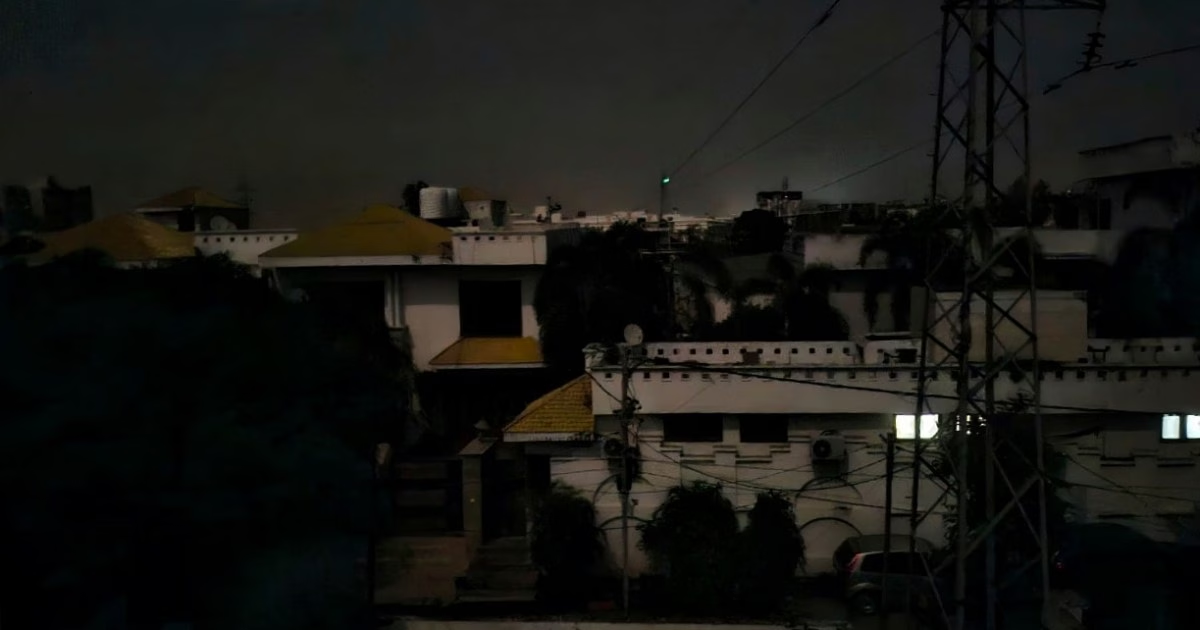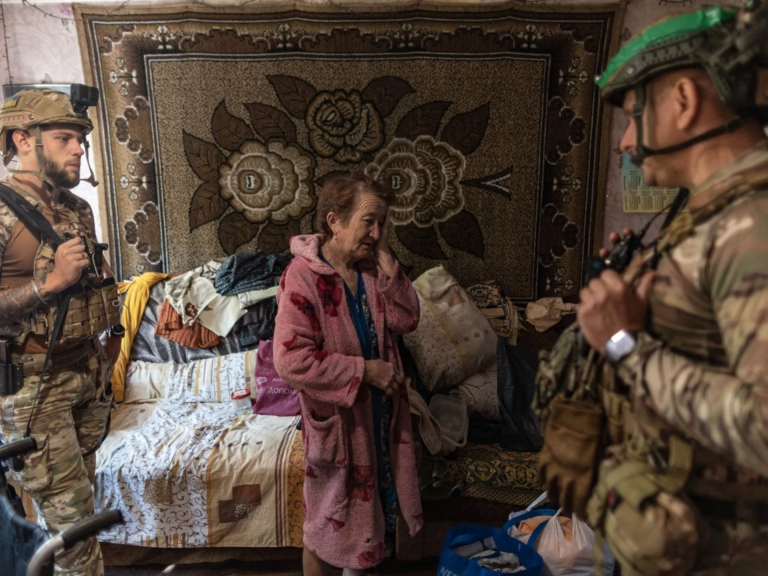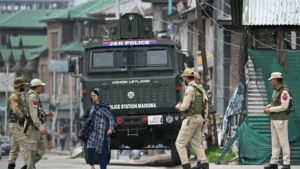Everyone on the streets panic and rush home. From his terrace, Parray witnessed missiles scattered in the skies before his internet connection also went down. “We have never seen Jammu like this,” he said.
Generations of Indians and Pakistanis, having not seen a full-scale war, now face blackouts and the threat of missiles, even away from any battlefront. In 1999, they fought a contained conflict over the Kargil heights.
India and Pakistan’s potential for a full-scale war is causing unprecedented scenes for populations, including the 750,000 people of Jammu and millions more in Indian cities attacked on Thursday, according to the Indian government.
India’s Defense Ministry reported that eight missiles were fired from Pakistan-origin drones towards Jammu, Satwari, Samba, Udhampur, and Pathankot, and all were intercepted with no casualties. Pakistan’s Information Minister Attaullah Tarar denied any targeting of Indian-administered Kashmir or the international border.
Seventeen days after gunmen killed 26 civilians in Indian-administered Kashmir’s Pahalgam, and two days after India struck at least six Pakistani cities with missiles, the prospect of war grows.
‘Sleepless Nights’
Indian authorities imposed blackout orders following twilight in Punjab, including Chandigarh, Jalandhar, Pathankot, and Mohali. Businessman Sabarpreet Singh, 46, from Amritsar, speaks to the impact of these sudden events, unable to sleep or function without fear of sirens and threats.
A similar blackout was enforced in parts of Rajasthan and Gujarat near the Pakistan border. The situation is even worse along the Line of Control, with trumped-up artillery fire and calls to evacuate thousands.
India claims attempts to target military sites in Jammu, emphasizing confidence in their defense but noting the deteriorating security situation.
‘Senseless Belligerence’
India’s foreign secretary Vikram Misri stated Pakistan had tried engaging military targets using drones and missiles, responding with targeting of Pakistan’s air defense systems. Meanwhile, Pakistan claims they shot down 25 Indian drones with at least one civilian fatality and injuries, rejecting India’s claims of their military engagements.
India rejects calls for an independent investigation into the escalation, dismissing Pakistan’s reliability on the matter.
International analyst Praveen Donthi comments on the international community’s need for intervention to prevent a spiraling conflict. Sumantra Bose, a political scientist, argues that effective diplomatic intervention is necessary to stop the senseless belligerence, already equating the situation to that of war.
The US State Department acknowledges communication with both governments and calls for the Pahalgam attack perpetrators to be held accountable. India rejects independent investigations.
Donthi claims that without more proactive international intervention, the situation could deteriorate into a full-blown war. Bose insists this is already a state of war, requiring urgent diplomatic efforts to end escalation.








